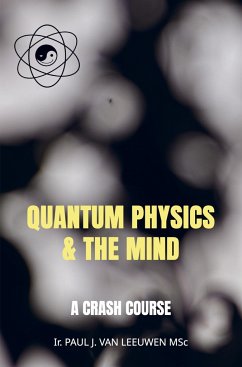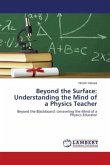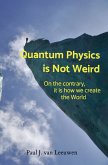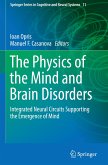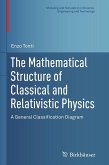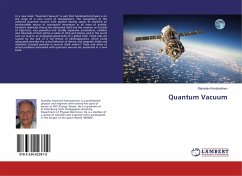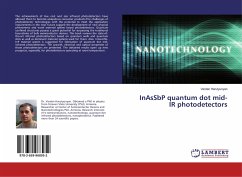The history of physics has culminated in the beginning of the 20th century in quantum physics, a spectacular successful branch of science, but surrounded by more questions than answers. Reports in the media of the outcome of quantum physical experiments are usually difficult to fathom, shock the reader in his certainties about the world and prove to be grounded in scientific dogmas. Matter is not what it seems. However, the scientific paradigm is tipping over and many physicists are beginning to recognize that the researcher plays a greater role than previously was thought. His consciousness has a major influence on his results in his experiments. This gives rise to a completely different view on consciousness. The most important experiment in quantum physics is the so-called double slit experiment. Fortunately, understanding that experiment and its conclusions are not limited to mathematical geniuses. It is not even necessary to use mathematical formulas to understand quantum physics and its implications. This book contains a short crash course in quantum physics and a selection of published essays by the author on quantum physics and the mind.
Bitte wählen Sie Ihr Anliegen aus.
Rechnungen
Retourenschein anfordern
Bestellstatus
Storno

